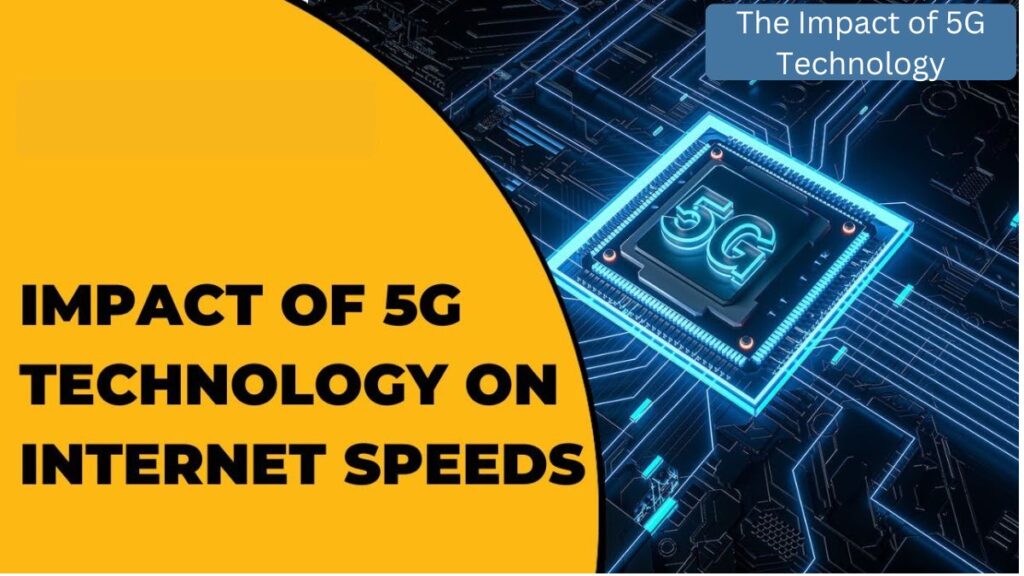The Future of Mobile Gaming has been at the forefront of this transformation. With the advent of smartphones and tablets, the gaming landscape has been democratized, allowing millions of people to enjoy games on the go.
But what does the future hold for mobile gaming? As technology continues to advance, we can expect significant changes and innovations that will shape the way we play. In this article, we’ll explore emerging trends, potential technological advancements, and the future of mobile gaming.
1. The Rise of Cloud Gaming
One of the most anticipated advancements in mobile gaming is cloud gaming.
This technology allows players to stream games directly from powerful servers rather than relying on the processing power of their devices. Services like Google Stadia, NVIDIA GeForce Now, and Xbox Cloud Gaming are already making waves in this space.
Benefits of Cloud Gaming:
High-Quality Graphics:
Because remote servers handle the heavy lifting, cloud gaming can deliver high-quality graphics and performance even on low-end devices.
Accessibility:
Gamers can access their favorite games from virtually any device with an internet connection, eliminating the need for expensive hardware.
Instant Play:
With cloud gaming, players can start games almost instantly without lengthy downloads or installations.
Challenges:
Internet Dependency:
A stable and fast internet connection is crucial for a seamless experience. In regions with poor connectivity, cloud gaming might not be viable.
The Future of Mobile Gaming
Latency Issues:
Minimizing lag and latency is essential for an enjoyable gaming experience, especially for fast-paced games.
As internet infrastructure improves globally, cloud gaming is poised to become a major player in the mobile gaming space, offering gamers an unprecedented level of flexibility and access.
2. Enhanced AR and VR Experiences
Augmented Reality (AR) and Virtual Reality (VR) have made significant strides in recent years. While VR is more commonly associated with high-end gaming systems,
AR has found a more prominent place in mobile gaming. Games like Pokémon GO have demonstrated the potential of AR to blend the digital and real worlds, creating immersive experiences right from a smartphone.
Future Prospects:
Improved AR capabilities:
Future AR games will likely leverage breakthroughs in spatial awareness and environmental mapping, delivering deeper and more interactive experiences.
Affordable VR Options:
As technology advances, more affordable and portable VR options are expected to become available, making VR gaming more accessible on mobile devices.
Challenges:
Hardware Limitations: Current mobile devices have limitations in processing power and battery life, which can affect the quality of AR and VR experiences. the future of mobile gaming
User Comfort:
Prolonged use of AR and VR can lead to discomfort or motion sickness, which developers will need to address.the future of mobile gaming
As AR and VR technologies continue to evolve, they will bring new dimensions to mobile gaming, making it more engaging and immersive than ever tokensbefore.
3. Integration of Artificial Intelligence
Artificial Intelligence (AI) is transforming many aspects of technology, and mobile gaming is no exception. AI can enhance gameplay in various ways, from creating more intelligent NPCs (non-playable characters) to personalizing game experiences.the future of mobile gaming
AI in Mobile Gaming:
Adaptive Difficulty:
AI can adjust the difficulty level of a game based on a player’s skill, ensuring a challenging yet enjoyable experience.
Personalization: AI can analyze player behavior and preferences to tailor game content and recommendations, making each player’s experience unique.
Procedural Generation:
AI can generate new levels, quests, or game content dynamically, providing endless replayability and variety.he future of mobile gaming
Challenges:
Complexity:
Implementing sophisticated AI algorithms requires significant development resources and expertise.
Data Privacy:
As AI systems collect and analyze player data, ensuring privacy and security is crucial.
The integration of AI in mobile gaming will likely lead to more personalized and dynamic experiences, making games more engaging and responsive to individual players.
4. Growth of eSports and Competitive Gaming
eSports has experienced explosive growth in recent years, and mobile gaming is catching up.

Mobile eSports tournaments and competitions are becoming increasingly popular, with games like PUBG Mobile and Arena of Valor attracting large audiences and substantial prize pools.
Upcoming Events:
Professional Leagues:
We can foresee the formation of more professional leagues and tournaments dedicated to mobile games, similar to traditional eSports.he future of mobile gaming
Increased Investment:
With the growing popularity of mobile eSports, there will certainly be increased investment from sponsors, developers, and media businesses.
Challenges:
Standardization:
Ensuring fair play and standardizing competition rules across different devices and platforms can be challenging.
Monetization:
While mobile eSports presents prospects for monetization, developing sustainable revenue methods will be crucial.
As mobile eSports continues to flourish, it will provide more recognition and validity to mobile gaming as a competitive platform, drawing players, spectators, and sponsors alike.
5. The Evolution of In-Game Economies
In-game economies have become a big component of mobile gaming, with users spending real money on virtual objects, currency, and improvements. The future of game economics will undoubtedly see greater innovation and evolution.
Trends to Watch:
Blockchain and NFTs:
The merger of blockchain technology and non-fungible Tokens (NFTs) could change in-game economics by allowing players to own, trade, and sell virtual goods safely. the future of mobile gaming
Cross-Game Economies:
Future games might feature cross-game economies, where virtual items or currencies can be used across multiple games or platforms.The Future of Mobile Gaming
Challenges:
Regulation:
The use of blockchain and NFTs in gaming will require careful regulation to address issues related to security, fraud, and intellectual property. The Future of Mobile Gaming
Player Sentiment:
Balancing monetization with player satisfaction is crucial to avoid negative backlash.
The evolution of in-game economies will shape how players interact with and spend within games, potentially creating new revenue streams and opportunities for both developers and players.
6. The Impact of 5G Technology
The launch of 5G technology is anticipated to transform mobile gaming by providing quicker and more dependable internet connections.
Many areas of mobile gaming will be improved by 5G, which will offer higher bandwidth and much lower latency.

Possible Advantages:
Smooth Online Multiplayer:
By lowering latency and enhancing connectivity, 5G will make online multiplayer games more responsive and seamless.
Enhanced Streaming:
Faster internet connections will result in higher-quality cloud gaming and streaming services with greater performance and graphics. The Future of Mobile Gaming
New gaming genres:
Previously unfeasible new gaming genres and experiences may now be possible because of 5G’s low latency and high-speed capabilities.
Problems:
Infrastructure:
To deploy 5G widely, a large amount of money must be invested in infrastructure, which may take some time to fully build.he The Future of Mobile Gaming
Device Compatibility:
Ensuring that mobile devices are compatible with 5G technology is vital for wider adoption.
As 5G technology becomes more common, it will unlock new possibilities for mobile gaming, making it more engaging, immersive, and linked.
Conculsion
The future of mobile gaming is tremendously exciting, with a vast range of technology improvements and developments on the horizon. From cloud gaming and AI to AR/VR experiences and the impact of 5G, the mobile gaming landscape is set to undergo significant transformations.
As these technologies continue to evolve, they will shape how we play, interact, and experience games on our mobile devices.
Whether you’re a casual gamer or a dedicated eSports enthusiast, staying informed about these trends will help you anticipate and adapt to the exciting changes ahead.
The Future of Mobile Gaming
The future of mobile gaming is not only about technological advancements but also about creating more engaging, accessible, and immersive experiences for players around the world. As we look ahead, it’s clear that the future of mobile gaming is bright, and we can’t wait to see what comes next
